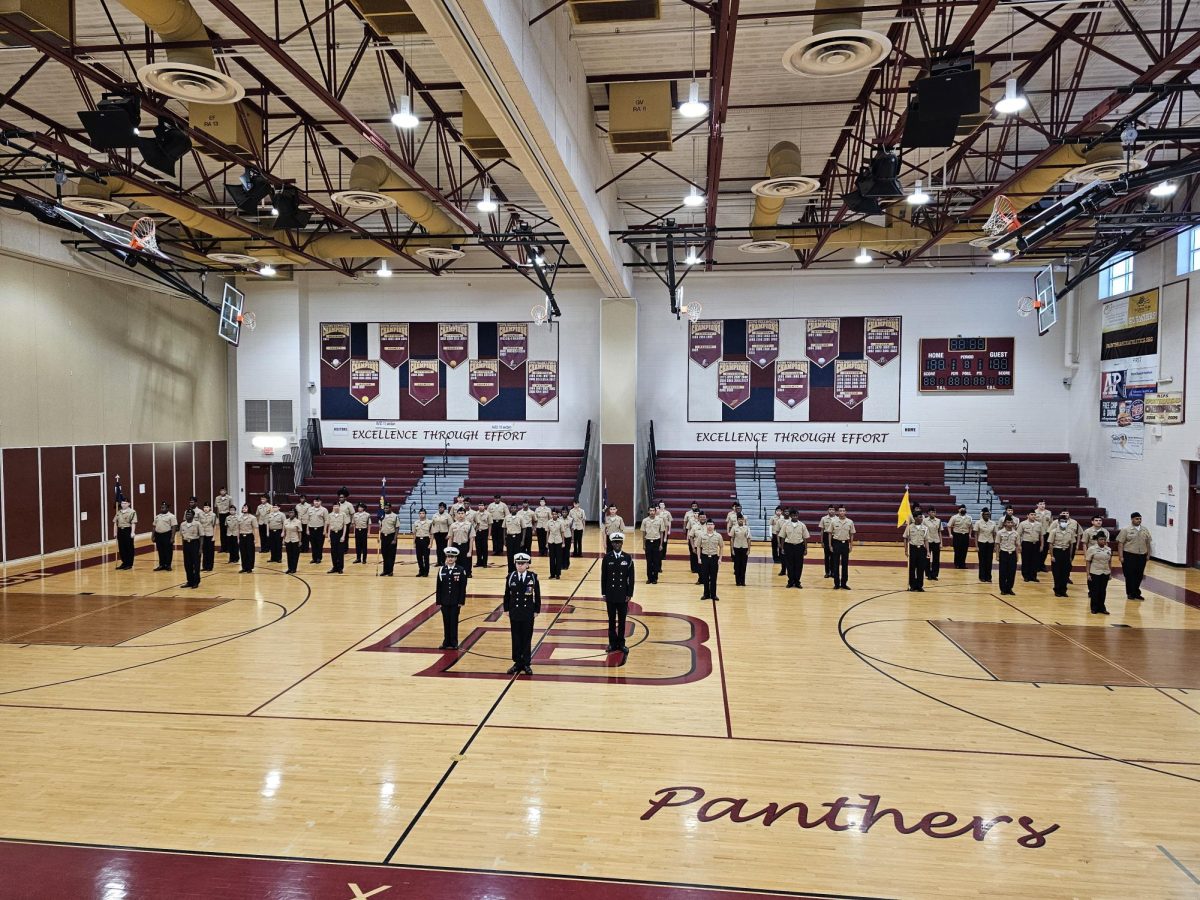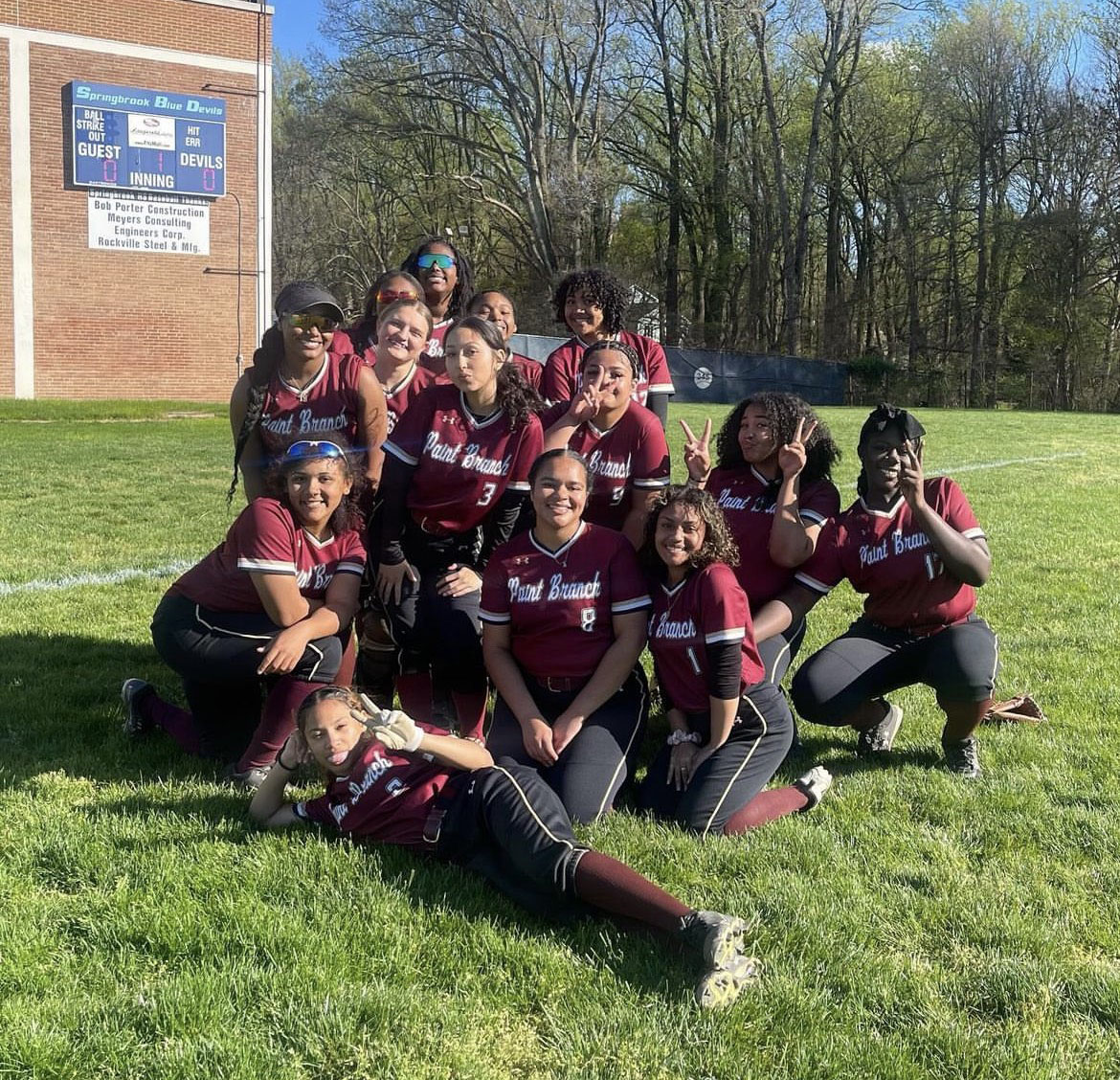Prison Labor – Little More Than Modern Day Slavery
February 23, 2018
Bonded labor is defined by The US State Department as a type of modern slavery where, “traffickers or recruiters unlawfully exploit an initial debt assumed, wittingly or unwittingly, as a term of employment…charging workers recruitment fees and exorbitant interest rates, making it difficult, if not impossible, to pay off the debt.”
So what do you think about when you hear the words bonded labor? Maybe a foreign country? Maybe some small country you’ve never heard of?
Well, believe it or not, this unethical and outright inhumane labor practice has remnants that still exist in the United States’ current prison labor system.
In the US, many prisoners work jobs while completing their sentences. In return for their work, they receive a small compensation, between sixteen and ninety-three cents an hour, according to Chandra Bozelko of the National Review. At first glance that sounds like a good idea, right? Prisoners have something to do while they are in prison; they contribute to society, and in return and they get a reasonable amount of money to save or to put in their commissary account. But, the reality is far from this.
According to the Prison Policy Initiative, these wages fall far below the federal minimum wage of $7.25. Sounds illegal right? Well, that’s the tricky part. Prisoners technically get paid minimum wage, but according to Bozelko’s article “Give Working Prisoners Dignity — and Decent Wages,” up to 80% of their paychecks are taken for legal financial obligations, or LFOs, such as taxes, restitution, room and board, and other costs associated with the prisoner’s criminal processing and incarceration.
The work that prisoners do varies from working in the prison kitchen to working in factory-type environments for stores such as Walmart and Victoria’s Secret to fighting fires. According to KPBS reporters Maureen Cavanaugh and Michael Lipkin, approximately 3,700 of the firefighters fighting the destructive wildfires in the state of California were prisoners, which is about a third of the total firefighters who worked the fires.
Technically, the companies and organizations that pay the prisoners pay them minimum wage, but much of the money goes to the corrections system instead. While this practice is infuriating, it is, unfortunately, not illegal. According to Section 26 U.S.C. 3306(c)(21) of the tax code, “any service performed in a penal institution isn’t considered employment.” Since prison work is not considered employment, the prisoners do not have to get paid a single penny let alone $7.25.
According to Chandra Bozelko of The National Review, this loophole is being abused by many states, but no state is doing so more than Texas where prisoners are not paid for their labor, but instead “earn privileges.”
Some people have argued that prison labor provides inmates with a purpose by allowing them to contribute to society. However, the critical issue that this argument completely fails to address is the disturbing fact that these inmates are being exploited. People do not lose their value once they step past the prison gates, and the prison labor system should address their humanity.
We as a society must ask ourselves why we are okay with prisoners being exploited and used as, essentially, slave labor. A person’s value does not disappear when they enter a prison; they should still have some basic rights. Bonded labor is defined by The US State Department as a type of modern slavery where, “traffickers or recruiters unlawfully exploit an initial debt assumed, wittingly or unwittingly, as a term of employment…charging workers recruitment fees and exorbitant interest rates, making it difficult, if not impossible, to pay off the debt.”
So what do you think about when you hear the words bonded labor? Maybe a foreign country? Maybe some small country you’ve never heard of?
Well, believe it or not, this unethical and outright inhumane labor practice has remnants that still exist in the United States’ current prison labor system.
In the US, many prisoners work jobs while completing their sentences. In return for their work, they receive a small compensation, between sixteen and ninety-three cents an hour, according to Chandra Bozelko of the National Review. At first glance that sounds like a good idea, right? Prisoners have something to do while they are in prison; they contribute to society, and in return and they get a reasonable amount of money to save or to put in their commissary account. But, the reality is far from this.
According to the Prison Policy Initiative, these wages fall far below the federal minimum wage of $7.25. Sounds illegal right? Well, that’s the tricky part. Prisoners technically get paid minimum wage, but according to Bozelko’s article “Give Working Prisoners Dignity — and Decent Wages,” up to 80% of their paychecks are taken for legal financial obligations, or LFOs, such as taxes, restitution, room and board, and other costs associated with the prisoner’s criminal processing and incarceration.
The work that prisoners do varies from working in the prison kitchen to working in factory-type environments for stores such as Walmart and Victoria’s Secret to fighting fires. According to KPBS reporters Maureen Cavanaugh and Michael Lipkin, approximately 3,700 of the firefighters fighting the destructive wildfires in the state of California were prisoners, which is about a third of the total firefighters who worked the fires.
Technically, the companies and organizations that pay the prisoners pay them minimum wage, but much of the money goes to the corrections system instead. While this practice is infuriating, it is, unfortunately, not illegal. According to Section 26 U.S.C. 3306(c)(21) of the tax code, “any service performed in a penal institution isn’t considered employment.” Since prison work is not considered employment, the prisoners do not have to get paid a single penny let alone $7.25.
According to Chandra Bozelko of The National Review, this loophole is being abused by many states, but no state is doing so more than Texas where prisoners are not paid for their labor, but instead “earn privileges.”
Some people have argued that prison labor provides inmates with a purpose by allowing them to contribute to society. However, the critical issue that this argument completely fails to address is the disturbing fact that these inmates are being exploited. People do not lose their value once they step past the prison gates, and the prison labor system should address their humanity.
We as a society must ask ourselves why we are okay with prisoners being exploited and used as, essentially, slave labor. A person’s value does not disappear when they enter a prison; they should still have some basic rights.









































